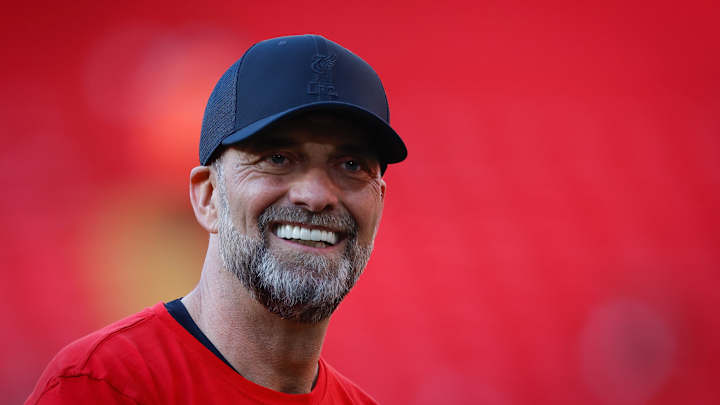At the height of Liverpool’s dominance under Jürgen Klopp, one of the team’s most defining qualities wasn’t just its blistering attack—but its relentless pressing and defensive work rate. Yet, convincing superstars like Mohamed Salah, Roberto Firmino, and Sadio Mané to run tirelessly without the ball wasn’t always an easy sell. So, how did Klopp get his world-class forwards to buy into the dirty work? By using none other than Lionel Messi as his masterstroke example.
According to insiders, Klopp often reminded his attacking trio that even Messi—the greatest attacker of his generation—wasn’t above tactical sacrifice. While Messi wasn’t known for endless pressing, his intelligence off the ball and positioning often forced opponents into errors. Klopp’s message was simple: if even Messi contributes to his team’s structure, so should you.
It worked like magic. Salah, Firmino, and Mané became the embodiment of Klopp’s “gegenpressing” philosophy—defending from the front, hunting in packs, and suffocating opponents into submission. What made Liverpool special wasn’t just their skill but their collective discipline. The front three, once viewed as purely attacking players, evolved into the first line of defense—turning turnovers into instant counterattacks.
Firmino, in particular, was Klopp’s tactical glue. His pressing intelligence created space for Salah and Mané to thrive. Klopp often described the Brazilian as “the engine of our system,” and it’s no surprise why. When Firmino pressed, the rest followed. Salah and Mané, inspired by Klopp’s Messi analogy, began to view defense not as a chore—but as a winning weapon.
This mindset shift was at the core of Liverpool’s golden era—culminating in Champions League and Premier League triumphs. Klopp transformed a talented attack into a unified force, proving that brilliance alone isn’t enough without hard work and tactical commitment.
By invoking Messi’s example, Klopp achieved something few managers could: he turned three of the world’s most lethal attackers into complete footballers. The result was a team that could dazzle with goals one moment and dominate through pressing the next.
So, while Messi’s name might not be etched into Liverpool’s history, his influence—channeled through Klopp’s psychology—played a quiet but powerful role in building one of the most formidable teams of modern football.
In the end, Klopp didn’t just build a winning team—he built believers.


